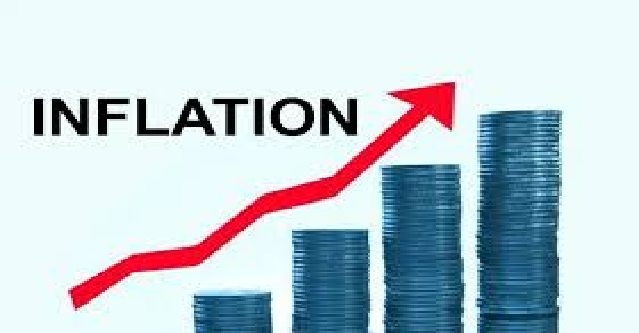The Lagos Chamber of Commerce and Industry (LCCI), has started that decreasing consumer demand, spiraling inflation, rising energy prices, and tighter monetary policy would certainly cause a recession or a severe slowdown in 2023.
This was said by LCCI President Michael Olawale-Cole on Tuesday in Lagos during the chamber’s quarterly state of the economy news conference. He claims that the chamber’s forecast of a hard landing—which, in terms of economics, denotes a time of economic downturn—remains accurate given the multiple difficulties the Nigerian economy is currently facing.
Olawale-Cole said that with recent projections from the International Monetary Fund that one-third of the world economy would be in recession, Nigeria, though not on the list, might lead to a recession for millions of Nigerians “if we bring into focus the latest multidimensional poverty index.”
He said, “As we enter the year 2023, the global economy, beyond the mounting uncertainties, may continue to face a confluence of challenges. From persistently high inflation and aggressive global monetary policy tightening to the continued disruptions caused by the Russia-Ukraine war and the energy crisis, weak consumer demand, and political upheavals, our projected outlook remains a hard landing.
“With several shocks suffered by many economies over a more significant portion of 2022, various projections and analyses of economic conditions across regional blocs point to the likelihood of a recession or a significant slowdown of growth in 2023 due to spiralling inflation, high energy cost, monetary policy tightening, and weakening consumer demand. Global growth, though positive, slowed down by about 50 per cent between 2019 and 2022.”
Noting that Nigeria’s inflation statistics reached a 17-year high in November at 21.47 per cent, Olawale-Cole said that with the persisting war in Ukraine and high spending by the government on the forthcoming general elections and census, the chamber foresees a further rise in the inflation rate in the short term.”
He stated further, “We reiterate our position on the rising inflation that a rate hike will not tame the increasing inflation without complementary targeted financing of critical sectors like agriculture, power, energy, and defence.
“The government must invest more in boosting supply and cushioning the cost of production. Though the planned removal of fuel subsidies may cause inflation to rise in the short term, it remains the best economic decision to reduce our unsustainable debts. We expect the government to roll out cushioning policies before the possible removal later in the year.”
On the recently signed Appropriation Bill, the LCCI president expressed worry over the budget deficit, which would have to be financed through loans.
He added, “Looking at the huge deficit to be financed by borrowing, can we consider more efficient alternatives to new borrowings? Can we issue equity to finance the deficit instead of using debt? Can we break the path in which the federal government only approaches the debt markets at home and abroad and never approach the equity market at home or abroad? Investors invest both in debt and equity.”
On the recent move by the CBN to redesign the naira and also place a cap on withdrawals for individuals and corporate entities, the LCCI president said that beyond the reasons and economics of currency management, the CBN had to embark on an aggressive push for a truly cashless economy to reduce the attraction to holding cash.
“If this is not done, the currency in circulation will rise again as hoarding of the new notes may occur,” Olawale Cole warned.
He said that the government, which spends the most money, should use a cashless payment system for its purchases. According to him, this might also be encouraged by more automation of government tasks that demand payment from the general public because corruption inclinations will decline with increased automation and less human interaction.
Olawale-Cole bemoaned that the naira continued to record unprecedented volatility throughout the year 2022, with a widening premium between the official (Nafex) rate reaching a current rate of N461/USD and the BDC/parallel market rate reaching up to n750/USD. This comes as the organized private sector continues to lament difficulty accessing forex for international business transactions.
He claims that the chamber’s stance is that monetary authorities must liberalize the foreign exchange market by consolidating the many forex rates and ensuring forex rates are market-driven. This, according to him, is critical in enhancing stability, liquidity, and transparency in the forex market.
“The unification is expected to improve our currency management framework, given that the multiple exchange rate systems have continued to create uncertainties and sources of arbitrage,” Olawale-Cole said.












